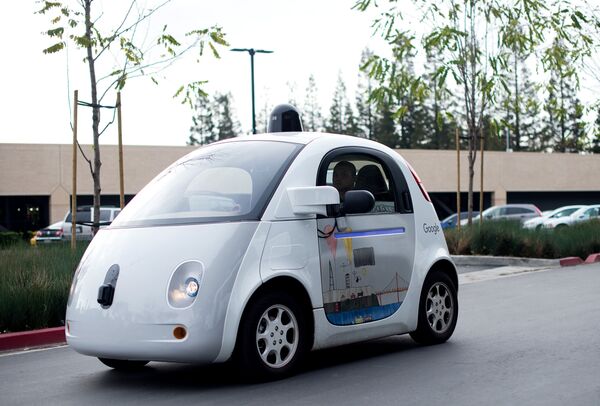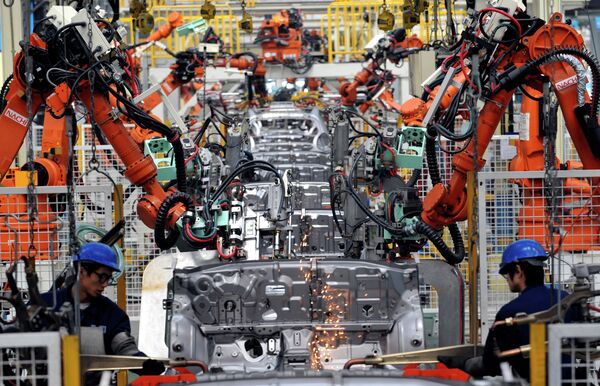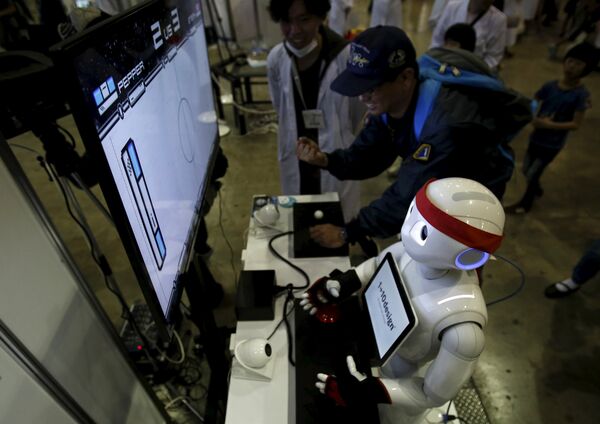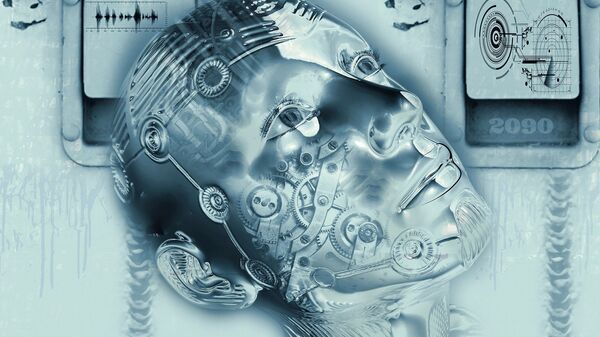As self-driving cars are being tested by major manufacturers, and surveys show concern that human jobs could be replaced by robots, the increased capability of artificial intelligence poses moral questions, robotics expert Gonzalo Zabala told Sputnik Mundo.
"From a moral point of view, how will machines make decisions, when they have this ability? Who will be responsible for errors in decision-making by machines that have learned independently?" are some of the pertinent questions, Zabala said.
At the moment, the responsibility for what robots do lies on the companies who make them, but new moral issues will come to the fore when artificial intelligence is capable of taking decisions independently via automatic or machine learning.

"When it comes to developing systems or intelligent machines, we reflect on our own intelligence and mechanisms, for learning, for example. This task is good not only in itself, but also because it makes us think about ourselves," he explained.
He foresees that the "artificial intelligence and other technologies may have the biggest impact in the work sphere."

"We are already taking advantage of technology, and not just in first world countries or the higher social classes. People around the world are no longer working as they did 50 or 100 years ago."

"[The topic of artificial intelligence] is more attractive for the media, and the issue of resources is pushed into the background. I am very worried about the US lagging behind with regard to the Paris climate change agreement. In addition, even in countries that support this treaty, there is an insane level of consumer goods production," he said.

